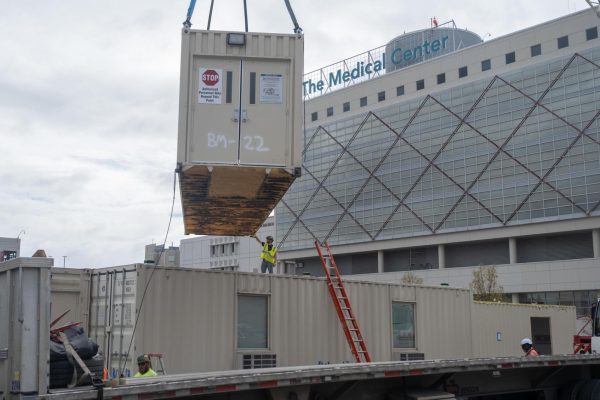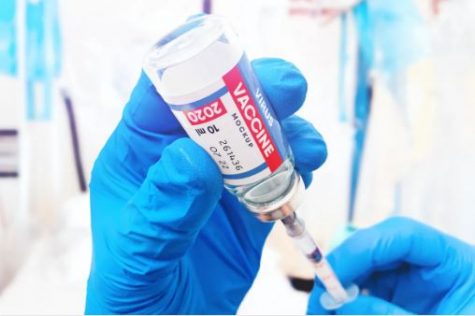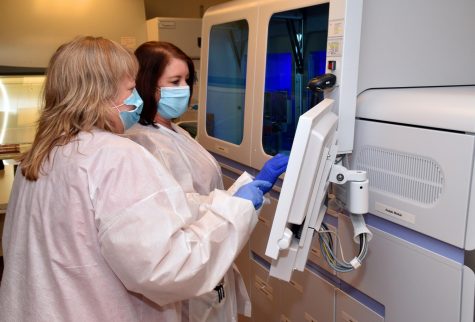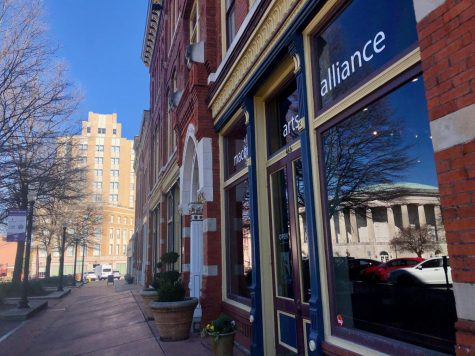Coronavirus Tests For The Homeless When ‘Drive Up’ Isn’t An Option
The Daybreak Center in Macon is an oasis for the homeless community with laundry, meals, showers and computers. And also, healthcare.
Jeff Battcher serves on the board of DePaul USA, the Catholic organization that runs the day shelter. He says Daybreak clients have been hitting a healthcare wall. The problem is drive up coronavirus testing.
“We kept getting, ‘Well, you must be in a car. You must be in a car,’” Battcher said. “And then I had to say, ‘Well, what part of homelessness don’t you understand?”
Around 5% of Georgians have been tested for the coronavirus. Meanwhile, testing in at risk communities, as in the homeless community centered around Daybreak, is spotty and sometimes hard to find.
Jeff Battcher asked Mercer University to bring coronavirus testing to the center. They set up in the back yard, ready to collect samples from about 50 people.
Daybreak’s Director Sister Theresa Sullivan said her clients are at unique risk for the virus.
“Our people live very closely together,” Sullivan said. And the ability for it to spread much quicker in our population is higher than the normal population.”
Plus, people come from all over town to hang out at Daybreak. It’s a “congregate setting,” which is a known risk for spreading the virus.
So now the Daybreak community has found a way to access tests without a car. What’s up in the air is what will happen should a homeless person test positive.
“You know, we could have a person that has a tent and can isolate and we’ll isolate for 14 days,” Sullivan said.
Meanwhile, she said others may be squatting in an abandoned houses.
“And so maybe it’s like, OK, if you’re in a house and all you’re missing is food, can you stay there and bring you food?”
Sister Theresa said every situation, and solution, is going to be different. But first her clients need to know if they carry the virus in the first place.












